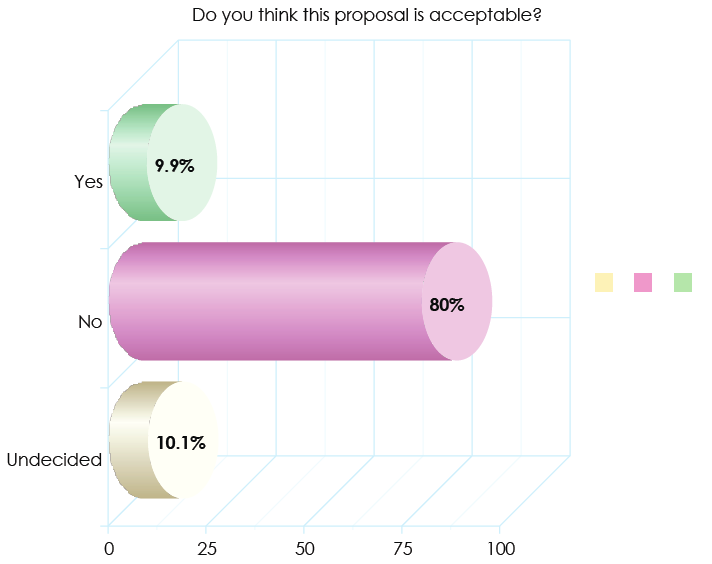“Proposal One: Adult mental health services
This proposal is to reduce the number of adult acute beds from 28 across two sites (Northgate Hospital and Carlton Court) to 20 beds at one of the two sites and to develop one enhanced crisis resolution and home treatment team to cover the whole Great Yarmouth and Waveney area.
There will also be other forms of support on offer like community teams, peer support from people who have experienced mental health issues and a recovery college where courses will help people learn more about coping with mental health illness.”
“The population is aging and increasing and mental health problems are rising. It seems we may need all the beds we can get, rather than reducing the number”
“There is no evidence that the current CRT and recovery teams are providing a good enough service until they are any bed closures should be put on hold. If the service was working effectively beds the level of occupancy would be much less – it isn’t so don’t cut them. There is concern that outreach services will not have 24/7 cover or the level of care required by local residents.”
“Vulnerable patients requiring high level of input and a place of safety due to a risk to themselves or others are increasingly being left in the community when a period of inpatient treatment would be beneficial to their health.”
“This may have some financial benefits, but I doubt if the medical benefits are there.”
“There is no evidence that these beds are under-used, or inappropriately used.”
“The beds are already full across the Trust. Absolutely ridiculous when it is a known fact that there is already pressure on the existing number of beds – a community team and a recovery college are unacceptable alternatives.”
“The two units are needed, they are always full and at a time of need they must be kept local.”
“Care closer to home will always be preferable but this work needs to be enhanced and improved and everyone should be made aware more of these changes so that they can be confident that the reduced bed availability is sufficient and manageable.”
“We often have patients sent out of area because there are no beds. This would get worse. We also have to wait for a long time for people to have a planned admission for things like initiating Clozapine. This would also be much longer if beds are reduced. We do not have enough staff to support people in the community.”
“It is worrying enough having to care or live with some-one with mental illness without having worries increased by reduction of beds. The bed reduction is proposed at the same time as an age inclusive service is proposed. Over 65s with functional illness will increase the need for inpatient beds”
“More beds are needed – not fewer.”
“All parts of the UK have to reduce beds because Government says so! You can’t reduce beds and close a whole acute site! Better to reduce some beds than close a site down.”
“The beds have already been cut at Carlton Court, so it is doubtful if they will be reopened. The unit has only been opened a few years and seems a waste to close it after so short a time in service.”
“Residential provision is already inadequate in the region. Delay in sourcing beds, or placements outside the region, has serious effects on patients’ and families’ wellbeing, and the lack of adequate provision increases pressure on police and NHS resources.”
“17% of patients are placed out of the area in a 12 month period. The trust currently has 30 patients in private beds and some in Suffolk. This is prior to further cuts. Reducing hospital beds never seems a good idea. However having them concentrated in one site is reasonable. There is evidence that 20 beds are too few. All services need a margin of spare capacity to cope with fluctuations of demand.”
“Although 27.7% of the 408 patients were out of locality this would suggest that there are bed shortages elsewhere. By reducing your bed space this just puts added pressure on other local authorities.”
“It is difficult to see this as safe practice at present as we have been running on or above numbers for a number of years. Also concerned that the costs of reducing to 20 means building a new building / extending one which has a large initial cost, on top of likely out of area / private beds being increased. This is a real-term cut of 50% of beds
(28 adult and 12 functional >65 to 20 beds). It is completely unworkable, unsafe and deaths will occur as resources are not in place locally or nationally to cope with this.”


We can avoid some admissions, there is no doubt about it. What could be happening is that patients might be sectioned to get them private beds(in BBC today).
Patient satisfactory questionnaire is a good idea, should not be biased but be independent.
It’s important to understand when government says NHS is ring fenced, it appears they are out of touch, so try not to blame the poor managers, they are doing a good job to keep their jobs unless there is good evidence to support them.
It’s important to reflect on the % of suicides at nsft compared to national average.
I forgot to add something as it’s important to look at the bigger picture- 100 billion NHS spending is almost 1/7 of 765 billion.
Still I think NHS is one of the best health services in the world and I am in no doubt that it’s a blessing in disguise for the British public, can do with bit of tweaks, as there is room for improvements always